Hong Kong’s Court of First Instance has rejected attempts by pro-democracy media tycoon Jimmy Lai to challenge a decision made by Hong Kong’s national security committee relating to the admission of an overseas lawyer for his trial.
Last month, the media mogul applied for permission to file a judicial review. The city’s national security committee had overstepped its powers by advising the immigration chief to reject any future visa applications for his overseas counsel Timothy Owen, Lai argued.
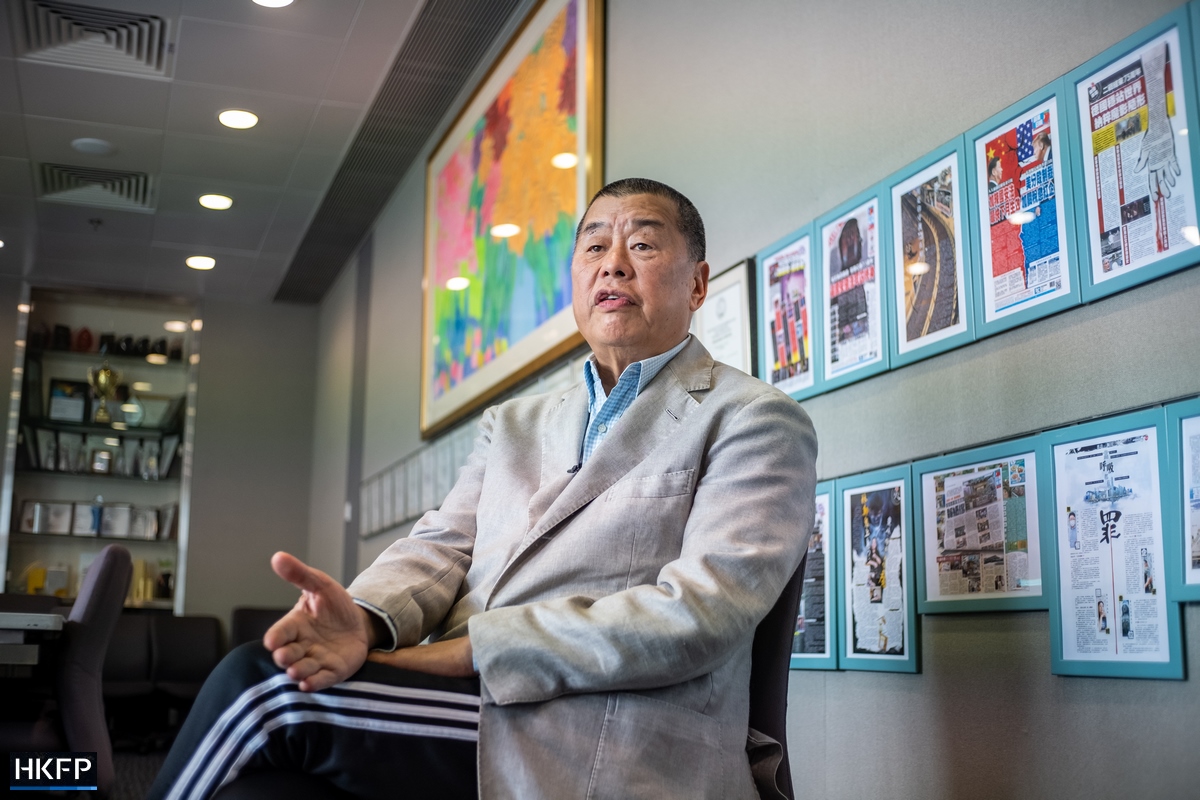
Judicial reviews examine the decision-making processes of administrative bodies. Issues under review must be shown to affect the wider public interest.
According to the security law, Hong Kong courts do not have jurisdiction over the national security committee’s work, Chief Judge of the High Court Jeremy Poon ruled in a written ruling handed down on Friday morning.
The judge wrote that only the central government had supervisory power over the national security committee.
“The HKSAR courts, as courts of a local administrative region, are not vested with any role or power over such matters of the [central government] because they clearly fall outside the courts’ constitutional competence assigned to them under the constitutional order of the HKSAR,” the ruling read.
Poon also ruled it was “self-evident” that the committee’s duties and functions were “matters well beyond” the city’s courts’ “institutional capacity.”
“The courts have neither the training nor expertise to deal with them in the exercise of their judicial function,” Poon wrote.
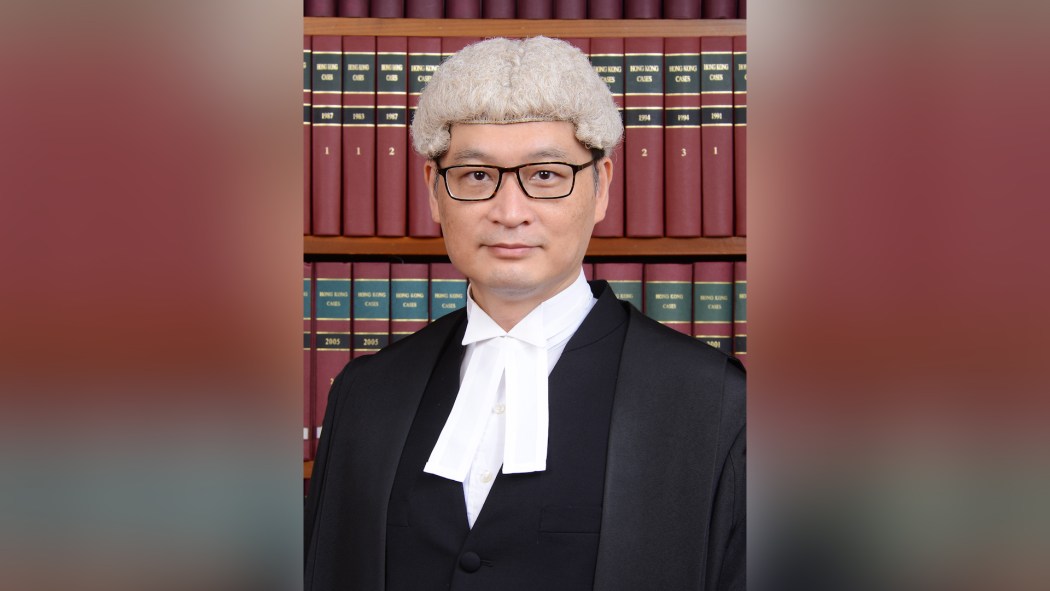
The security law barred the disclosure of information relating to the committee’s work. If the committee’s work was amendable to judicial reviews, “such information would inevitably need to be disclosed in the course of the proceedings, thereby defeating the very purpose of the confidentiality requirement,” the judge ruled.
National security cases
Lai, 75, is being prosecuted under the Beijing-imposed national security law and the colonial-era sedition law. He has been remanded in custody since December 2020, and was sentenced to five years and nine months in prison for fraud case last December.
The media tycoon faces a total of four charges, including two counts of conspiracy to collude with foreign forces, one count of collusion with foreign forces, and one offence linked to allegedly seditious publications.
The collusion charge has since been left on court file, meaning that the prosecution can only proceed with the charge with permission from a judge.
The Apple Daily founder sought to hire British King’s Counsel Owen last year for his national security trial, with the Court of First Instance granting Owen’s admission last October.
The Court of Appeal and Court of Final Appeal then rejected three consecutive attempts by the government to bar Owen from the trial, which will resume in September this year.
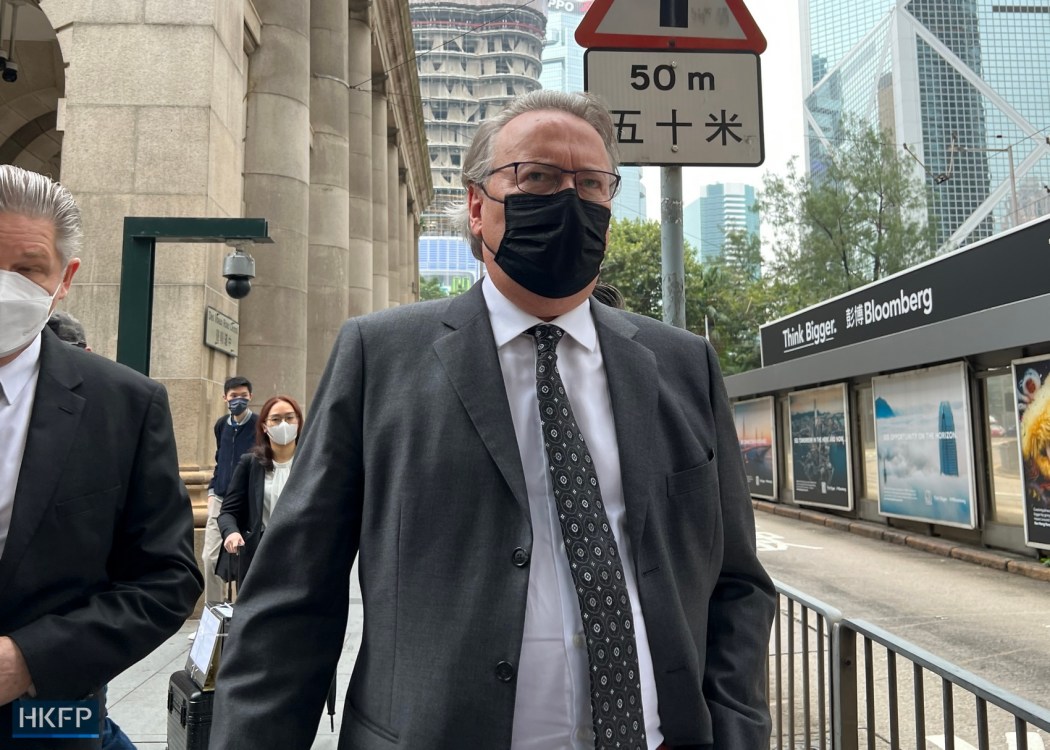
The Standing Committee of the National People’s Congress (NPCSC) passed a legislative interpretation on the security law last December, after Chief Executive John Lee invited Beijing to intervene following the top court defeat.
While the NPCSC decision did not rule directly as to whether overseas counsel unqualified to practise in Hong Kong could take part in national security cases, it confirmed the power of the chief executive to do so.
Hong Kong courts have to request a certificate from the chief executive to determine whether the participation of the foreign lawyer would involve, or harm, national security.
The Committee for Safeguarding National Security has to step in if courts fail to obtain the certificate, and decisions made by the committee cannot be challenged in courts, according to the legislative interpretation.
Following the NPCSC decision, the national security committee decided – in a private meeting – that Owen’s participation in Lai’s trial would harm national security interests. The committee also advised the director of immigration to reject any further visa applications from Owen for the case.
Senior Counsel Robert Pang, representing Lai, argued last month that the committee had overstepped its powers by advising the Immigration Department to refuse Owens’ future visa applications.
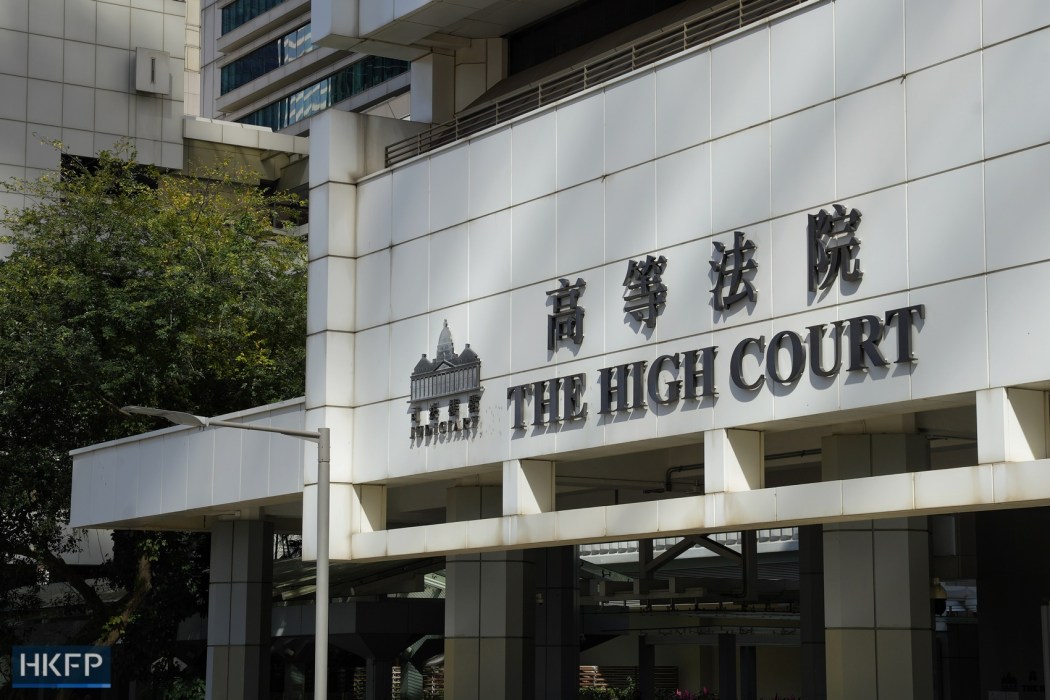
Pang also argued that Hong Kong courts had the power to, and should, step in when the committee had acted outside of its purview.
Arguments thrown out
The judge ruled on Friday that Pang’s argument would only stand if the court had “requisite supervisory jurisdiction” over the committee.
“However, the starting position under the [national security law] is altogether different,” the judge ruled, adding that the city’s courts had never had any jurisdiction over the committee’s work.
The senior counsel’s argument that there would be no effective control over the committee’s work and “any person aggrieved by its decision will have no recourse or remedy” if the committee was not subject to judicial review by Hong Kong courts “must be rejected,” Poon ruled.
Pang’s argument “completely ignores [Article 12 of the national security law] which subjects the [national security committee] to the direct supervision and control of the [central government],” the ruling read.
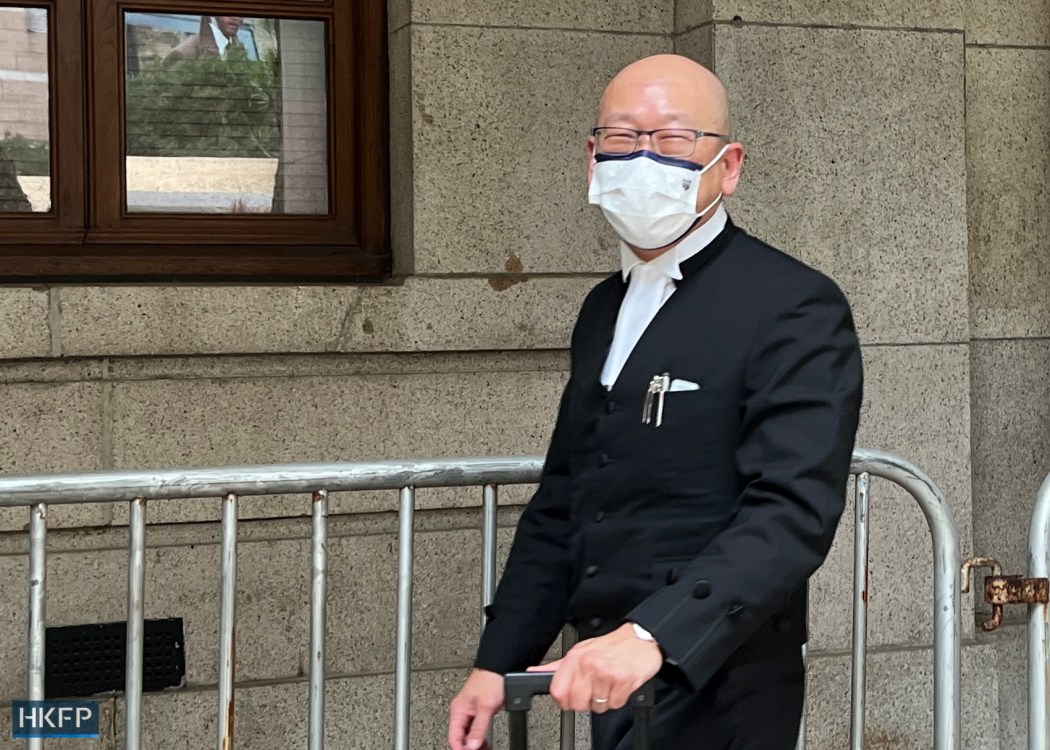
During his submissions, Pang said that as the committee could not be challenged, it may well decide to lock up anyone it deemed a threat to national security.
The judge said that Pang made “some very extreme but unrealistic examples” of how the committee might abuse its powers if there were “no judicial rein” by the courts.
“These fanciful and indeed alarmist remarks must be dismissed as well,” the ruling read.
“Mr Pang finally queried the effectiveness of the supervision and control of the [central government] over the [national security committee]. It must also be rejected as entirely baseless and wholly unwarranted,” Poon added.
NPCSC interpretation applies to Lai’s case
The judge also said that the NPCSC interpretation applied to Lai’s case, even though it was passed after Owen’s admission, and that the national security committee and the director of immigration had not overstepped their powers.
The media tycoon had in February asked the High Court to prevent the interpretation from affecting the court’s earlier decision to admit Owen.
Citing the city’s mini-constitution the Basic Law, which states that NPCSC interpretations were effectively the law, Poon said that the December interpretation had the same effect “as at the date when the [national security law] came into effect.”
“It declares what the law has always been,” Poon wrote.

Poon refuted the senior counsel’s argument that, under specific circumstances, the court should still first obtain a certificate from the chief executive.
“That flies directly in the face of the Interpretation which mandates the [national security committee] to immediately step in to deal with the situation,” the judgement read.
No certificate was requested for the admission of Owen, and thus the committee must decide whether his representation of Lai would pose national security risks, the judge said.
The immigration director must implement the committee’s decision “faithfully,” Poon added.
Therefore, the director of immigration’s decision to reject Owen’s future visa application for Lai’s case was “undoubtedly a lawful exercise” of his power, the judge ruled.
In June 2020, Beijing inserted national security legislation directly into Hong Kong’s mini-constitution – bypassing the local legislature – following a year of pro-democracy protests and unrest. It criminalised subversion, secession, collusion with foreign forces and terrorist acts, which were broadly defined to include disruption to transport and other infrastructure.
The move gave police sweeping new powers, alarming democrats, civil society groups and trade partners, as such laws have been used broadly to silence and punish dissidents in China. However, the authorities say it has restored stability and peace to the city.
Support HKFP | Policies & Ethics | Error/typo? | Contact Us | Newsletter | Transparency & Annual Report | Apps
Help safeguard press freedom & keep HKFP free for all readers by supporting our team
























